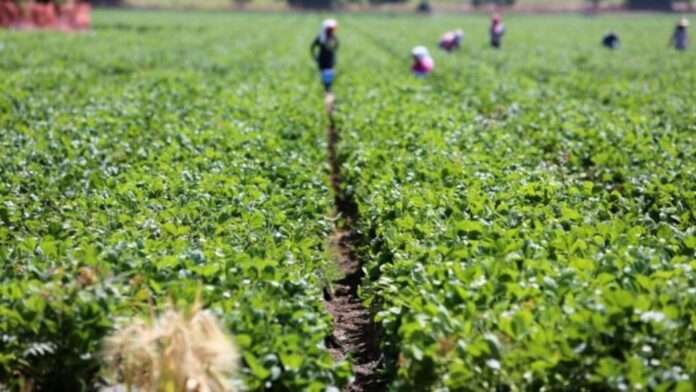

The Federal Government has called on stakeholders in the agricultural sector to collaborate in developing a robust, inclusive, and climate-resilient food system capable of withstanding growing environmental challenges.
Speaking at the Federal/International Fund for Agricultural Development (IFAD) Best Practice Workshop in Abuja, the Director of Planning and Policy Coordination at the Ministry of Agriculture and Food Security, Ibrahim Tanimu, said collective action was crucial in safeguarding Nigeria’s food security. He noted that erratic rainfall, prolonged droughts, and extreme weather events were already undermining farmers’ livelihoods and threatening rural economies.
Represented by Aliyu Agwai, Deputy Director of Research and Statistics, Tanimu explained that the Climate-Smart Agribusiness Partnership for Resilience Project (CSAPR) was designed to embed climate-smart practices into Nigeria’s agricultural value chains while expanding access to Climate Information Services (CIS) for smallholder farmers. He stressed that integrating the project into the Special Agro-Industrial Processing Zones (SAPZ) would help transform rural economies, boost productivity, and create opportunities for youth and women.
Tanimu highlighted that the initiative aligns with key national policies, including the National Agriculture Technology and Innovation Policy (NATIP) and Nigeria’s Food Systems Transformation Pathways, which prioritise sustainable agricultural growth under President Bola Tinubu’s Renewed Hope Agenda.
On his part, IFAD’s Senior Technical Specialist, Jack Rossiter, warned that climate change was exerting unprecedented pressure on global food systems, with smallholder farmers in Sub-Saharan Africa among the most vulnerable. He stressed that timely access to climate information could make the difference between survival and failure for millions of farmers, adding that every dollar invested in early warning systems saves at least ten dollars in avoided losses.
Rossiter emphasised that embedding climate information into Nigeria’s agricultural systems could improve seed and fertiliser distribution, strengthen insurance products, and help financial institutions design climate-responsive tools.
Both government and IFAD representatives underscored that collaboration between public and private stakeholders is essential to scale up climate-smart practices, strengthen resilience, and secure Nigeria’s agricultural future.










